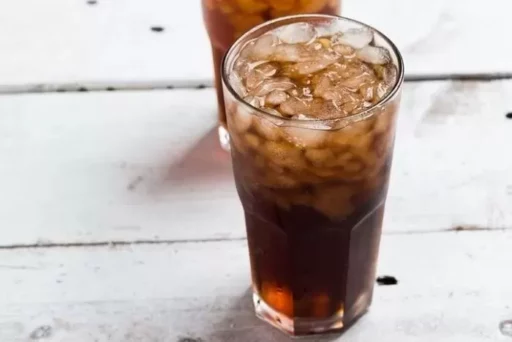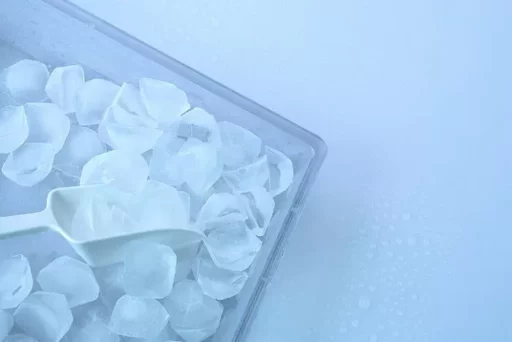Summer Food Ice Safety Management Status
As the heat intensifies, the consumption of food ice is surging in cafes and convenience stores. However, it has been revealed that some companies are inadequately managing food ice.
A recent investigation conducted by the Ministry of Food and Drug Safety (MFDS) found that some food ice did not meet hygiene standards.

On the 9th, the MFDS announced the results of a collection and inspection of 451 samples of food ice used in iced beverages at coffee shops, fast food restaurants, and convenience stores.
The inspection revealed that a total of six cases exceeded the bacterial count standards, leading to planned administrative actions by the jurisdictional authorities.
This collection and inspection were carried out from the 2nd to the 17th of last month to ensure the hygiene and safety management of food ice, with participation from the MFDS and 17 local governments.
The subjects of the investigation included ice produced by ice-making machines used in franchise and independent coffee shops, as well as cup ice and packaged ice produced by food manufacturing and processing companies sold in convenience stores.
Food Ice Hygiene Management Status and Measures

The inspection items included foodborne pathogens (Salmonella), E. coli, bacterial count, chloride ions, and potassium permanganate consumption levels. As a result, five samples of ice produced by ice-making machines and one sample of cup ice sold in convenience stores were found to exceed the bacterial count standards.
The potassium permanganate consumption level is an important indicator for checking the organic contamination level when testing drinking water or food ice. This refers to the amount of potassium permanganate that reacts with organic substances such as sugars, alcohols, and proteins.
For the five food establishments that used non-compliant food ice, immediate suspension of the use of ice-making machines was mandated, and they were instructed to use only hygienically manufactured ice after cleaning, disinfecting, and replacing filters. Additionally, food manufacturing and processing companies that produced non-compliant cup ice were ordered to immediately cease sales and conduct recalls.
Last year, the MFDS collected and inspected 389 samples of food ice used in food service establishments such as coffee shops and fast food restaurants, resulting in two samples exceeding bacterial count standards, leading to requests for administrative actions from jurisdictional authorities.

Alongside this collection and inspection, the MFDS distributed a guide on ‘Proper Management Methods for Ice-Making Machines’ to operators using these machines, urging them to maintain regular cleaning and disinfection for cleanliness.
Furthermore, last year, the MFDS prepared and distributed a 'Guideline for Hygiene Management of Ice-Making Machines' detailing the cleaning and disinfection methods that operators must adhere to, so consumers can safely consume ice manufactured by ice-making machines.
The MFDS stated, “We will continue to proactively conduct collections and inspections of food items that are heavily consumed by the public during specific periods and strengthen safety management to ensure a safe food environment for the populace.”
Image source: Material photo to assist understanding of the article / gettyimagesbank

![[Breaking News] Jeong Cheong-rae elected as new leader of the Democratic Party… First ruling party head under Lee Jae-myung’s government](https://wordkorean.com/wp-content/uploads/2025/08/thumbnail-25.jpg)
